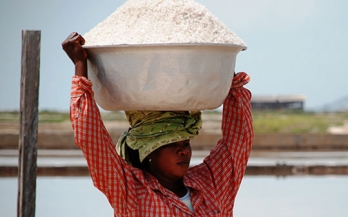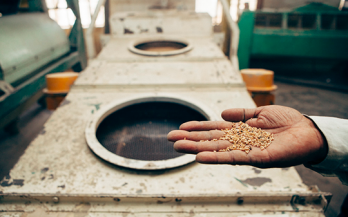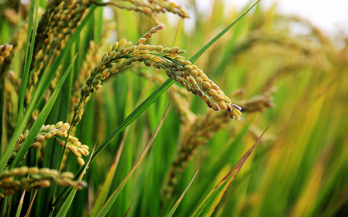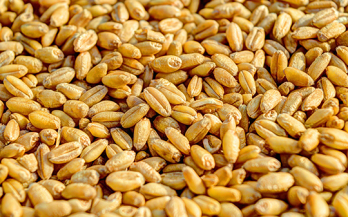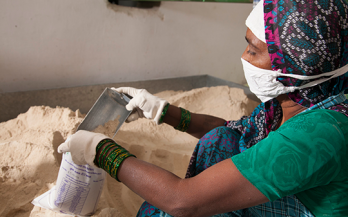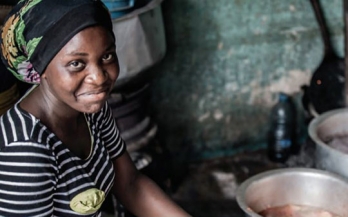- 01/01/2015
The objective of the study was to assess the present knowledge among rural families (including general population, pregnant women, lactating women and adolescent girls) on food fortification and their attitude and behaviour towards regular use of fortified atta.
- 01/10/2014
Afghanistan depends substantially on food imports from neighbouring and other regional countries due to being landlocked with limited water and agricultural resources. GAIN has been working to improve nutritional outcomes of the population through fortification projects for two major products: wheat flour and edible oil/ghee. This report is a supply chain assessment of these two food products in Afghanistan.
GAIN is taking part in the Effective Altruism (EA) Global Summit at the University of Berkeley. The event brings together students, professors, public and private sector professionals who identify themselves as part of the effective altruism community. Effective Altruism is a global movement/philosophy that uses evidence and reason for determining the most effective ways to improve the world.
- 23/11/2018
There is a large unfinished agenda around legislating the fortification of grains with iron and folic acid, and the fortification of edible oils and vitamin A. This briefing paper calls for enactment and enforcement of fortification legislation, and the improvement of the quality and coverage of existing programmes.
- 01/08/2015
This Rice Fortification toolkit describes in detail the process to blend fortified kernels with milled, non-fortified rice in order to produce fortified rice. It describes the equipment required, its integration with a typical milling facility and important quality control aspects.
- 01/01/2018
This policy guidance document serves as a resource for those responsible for food fortification policy development and programme implementation. Its overarching aim is to help countries achieve the target public health outcomes that are established by stakeholders at the outset of food fortification programmes.
- 09/09/2015
This report details the event proceedings and recommendations from the Global Summit on Food Fortification. The Summit was hosted by the Tanzanian Government and GAIN in Arusha, Tanzania in September 2015. The Summit brought together parties interested in large-scale fortification: millers, the food industry, implementing agencies and governments.
- 01/02/2016
This document highlights high-quality fortification premix (vitamins and minerals) as a necessary factor to improve the nutritious quality of food systems and achieve the intended health impact through national food fortification programs.
- 01/09/2015
This snapshot report sets the perspective on food fortification and highlights the work of partners to effectively employ food fortification as part of a new global food security system. This report sets out some of the successes and lessons from GAIN's work on food fortification, as well as the partners' successes, and aspirations for the sector.
- 01/05/2015
This report discusses the potential of food fortification as a viable solution to hidden hunger, malnutrition caused by the consumption of a diet that lacks essential micronutrients. Food fortification has been shown to be one of the safest and most cost-effective measures to tackle hidden hunger on a large scale.


